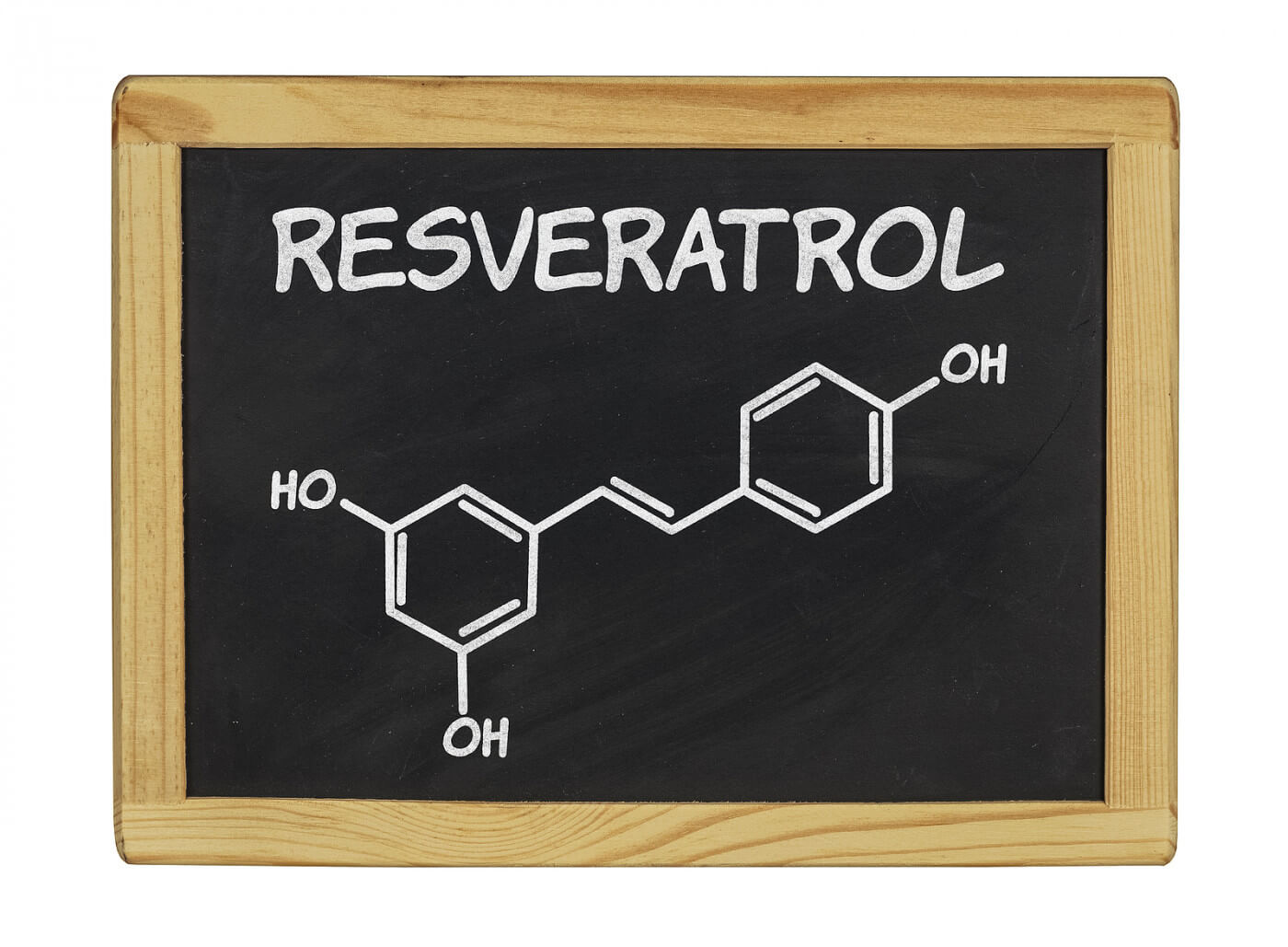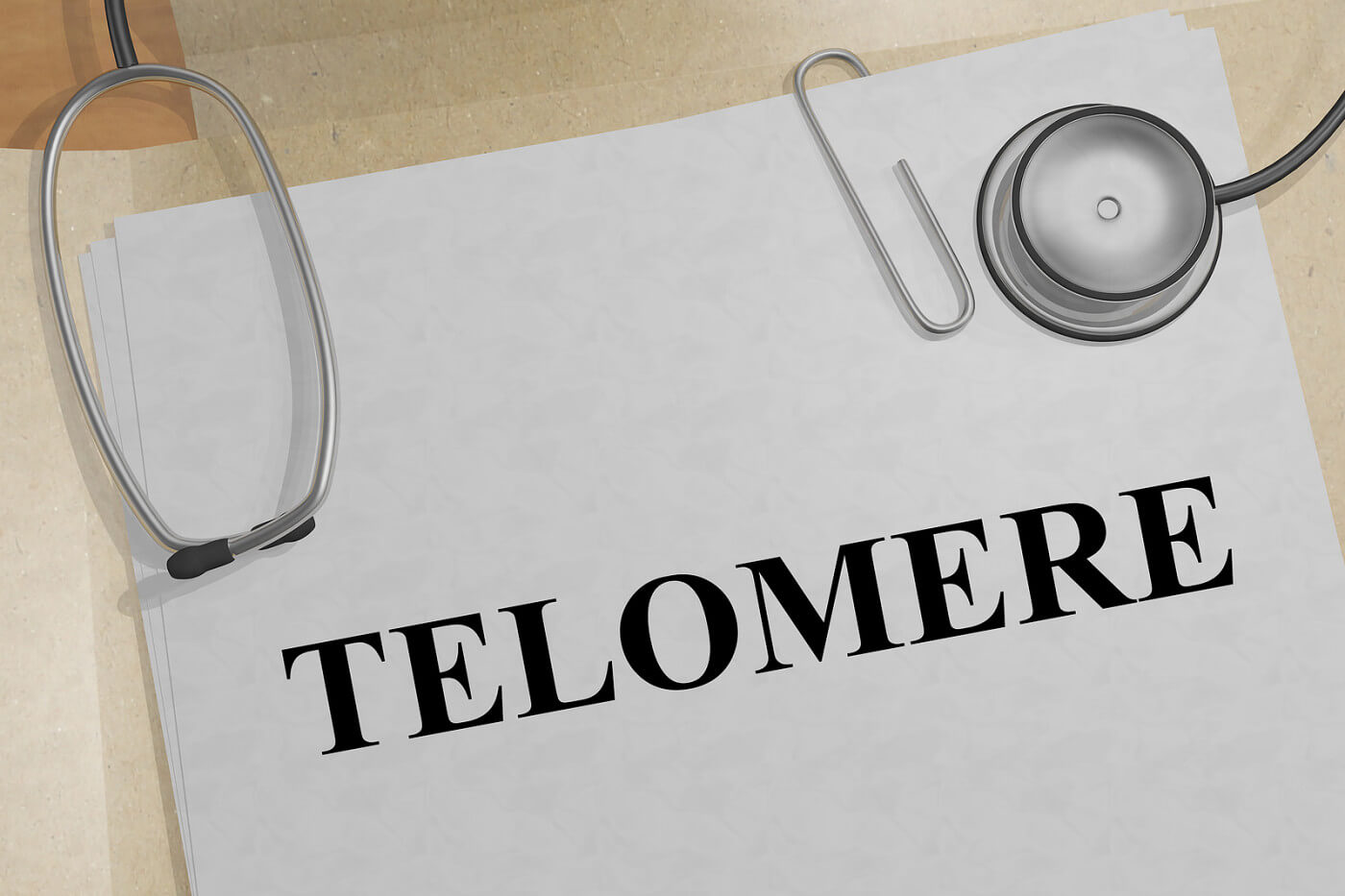Nano-encapsulation of resveratrol improves toxicity against prostate Cancer cells.
Resveratrol has been tested in clinical studies against various types of Cancers. However, resveratrol delivery as a form of treatment for Cancer and other diseases needs to be improved. Why? Recent research has indicated that resveratrol can be metabolized very quickly; therefore, various groups of researchers have addressed the idea of improving the delivery of resveratrol to treat Cancers. [1]
One such improved delivery method for resveratrol (and other medicinal drugs, for that matter) has involved the micronization of compounds like the resveratrol found in the Micro500 and Nitro250 RevGenetics capsules. In one study done a couple of years ago, micronized resveratrol allowed increased drug absorption, thus increasing availability by up to 3.6 fold in the blood of patients tested and increasing the markers of death for the Cancer cells by 39% (Cancer Prev Res (Phila). 2011 September; 4(9): 1419–1425). However, other methods have been pursued.
In a recently published paper, a group of researchers took a different approach to deliver resveratrol. They used nano-encapsulation (Mol Pharm. 2013, August 22). The capsule's diameters in question are measures in the billionth of a meter range, too small to be seen by the unaided eye. The idea is simple; protect the resveratrol from rapid degradation with the capsules with the hopes of increasing bioavailability and thus increasing cellular penetration and improving the chemo-preventative properties of resveratrol.
In this early stage of the investigation for the nano-encapsulation, the researchers used different human prostate cell lines. For example, one cell line represented androgen-dependent cells (these are prostate Cancer cells that resemble the early stages of Cancer) and androgen-independent cells (these are prostate Cancer cells that represent the late stages of prostate Cancer). The results of the experiment were very good. Nano-encapsulation was able to control the release of resveratrol under different conditions simulating the gastrointestinal fluids or that of the Tumor microenvironment.[2]
In addition, the nano-encapsulation significantly improved the toxicity of resveratrol against both types of Cancer cell lines. As stated, the results are very encouraging, and naturally, more research needs to do, but one thing is clear, the use of resveratrol in various forms as chemoprevention remains a promising option.
References:
- https://academic.oup.com/jn/article/133/7/2440S/4688445
- https://www.sciencedirect.com/science/article/abs/pii/S0014482799944713








